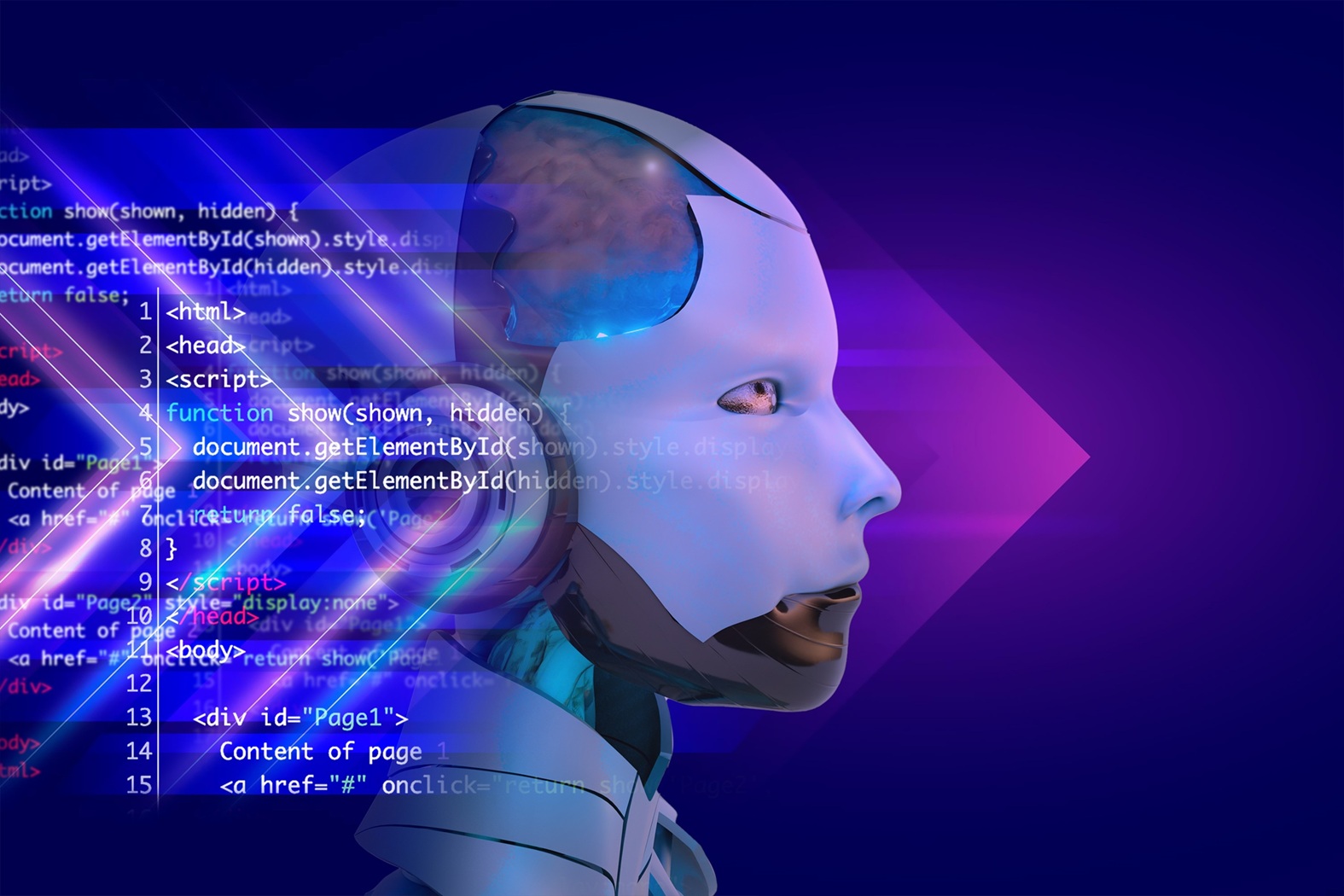
In the ever-evolving digital landscape, website development and design have seen a radical transformation, thanks to the rise of Generative AI (Gen AI). From creating visually stunning designs to writing clean, efficient code, Gen AI is redefining how websites are built and experienced. Businesses, designers, and developers are increasingly adopting AI tools not just for automation, but also for innovation, personalization, and performance optimization.
Whether you’re offering strategic design services, custom development services, or full-spectrum design services, Gen AI is reshaping workflows across the board.
What Is Generative AI?
Generative AI refers to algorithms that can generate text, images, audio, and even code based on the data they’ve been trained on. Unlike traditional AI models that only analyze or classify data, Gen AI can create entirely new content — making it an ideal companion for creative and technical disciplines such as web development and UI/UX design.
Key Impacts of Gen AI on Website Development
1. Faster Prototyping and Development
AI-powered tools like GitHub Copilot and CodeWhisperer help developers generate code snippets, debug existing code, and build entire modules with minimal manual effort. This accelerates the development lifecycle, especially in the early stages of creating a website or web app. For companies offering development services, this means shorter turnaround times and increased productivity.
2. Intelligent Code Suggestions
With Gen AI, developers get smart suggestions as they write code, reducing the time spent on boilerplate coding. AI can even detect errors and suggest more optimized solutions in real time, increasing efficiency and reducing bugs — a significant benefit for teams focused on delivering high-quality development services.
3. Personalized Content Creation
Gen AI tools can generate web content tailored to user personas, geographic locations, or browsing history. This personalization improves engagement and conversions, making websites feel more dynamic and user-centric.
Transformations in Web Design
1. AI-Generated Design Mockups
Tools like Figma with AI plugins or Uizard use Gen AI to convert wireframes into full-color UI designs automatically. Designers can input simple prompts or sketches, and the AI fills in the rest—colors, typography, layout, and more. This speeds up workflows for agencies offering strategic design services that prioritize efficiency and creativity.
2. Adaptive and Responsive Design
AI can simulate how a design looks on multiple devices and auto-adjust layouts accordingly. This ensures that designs are not just beautiful but also functional across all screen sizes without extensive manual tweaking.
3. Improved UX with Data-Driven Design
By analyzing user behavior, AI can suggest layout changes, navigation improvements, or call-to-action placements that align with user expectations and business goals. For providers of strategic design services, this means data-backed decisions that drive better user engagement.
Enhanced Accessibility and Inclusion
Gen AI can help developers ensure websites meet accessibility standards. AI tools can automatically generate alt texts, suggest color contrast fixes, and validate semantic HTML for screen readers, making web content more inclusive for all users — a vital element of modern design services.
AI in CMS and No-Code Platforms
Modern content management systems (CMS) and website builders like Wix, Webflow, and Squarespace are integrating Gen AI to allow users to:
- Generate page content with a simple prompt
- Suggest SEO-friendly headlines and meta descriptions
- Create design variations with just a few clicks
- Automate layout based on business type and preferences
This democratizes website creation, allowing non-technical users to build and manage professional-looking websites — enhancing the scope of development services for digital agencies.
SEO and Performance Optimization
Generative AI tools can analyze a website’s performance and suggest improvements such as:
- Keyword optimization for better search visibility
- Meta tag generation and schema markup
- Lazy loading, compression, and performance tuning suggestions
- A/B testing ideas for content and layout
These enhancements are crucial to any business offering strategic design services, ensuring clients achieve both visual appeal and online visibility.
Challenges and Considerations
While Gen AI offers many benefits, it’s essential to be mindful of its limitations:
- Originality: Over-reliance on AI-generated designs may result in generic websites.
- Ethics and Privacy: Using AI-generated content must comply with copyright and data protection regulations.
- Human Oversight: AI should assist, not replace, human creativity and judgment.
Successful integration of Gen AI depends on a balanced approach where human designers and developers guide and refine AI-generated outputs.
Conclusion
Generative AI is reshaping the future of website development and design. It empowers professionals to work faster, smarter, and more creatively, while enabling businesses to launch digital experiences that are visually compelling, user-friendly, and performance-optimized.
For companies offering design services, development services, or strategic design services, embracing Gen AI is no longer optional — it’s a strategic necessity. By leveraging AI’s capabilities, you can elevate your offerings, exceed client expectations, and stay ahead in the competitive digital market.







